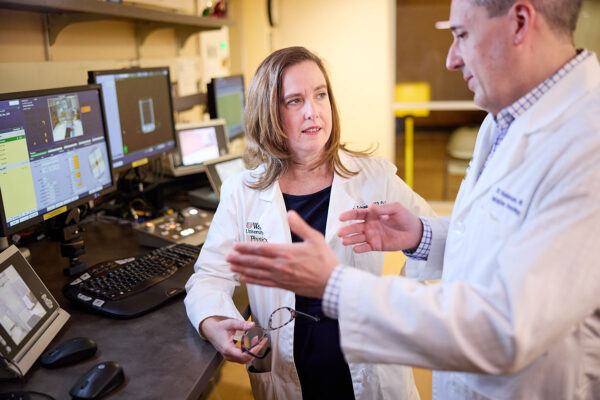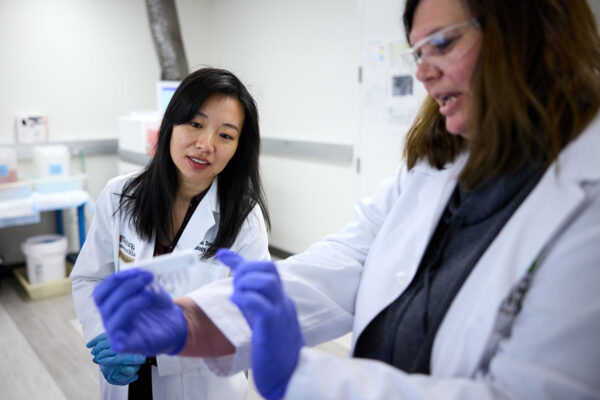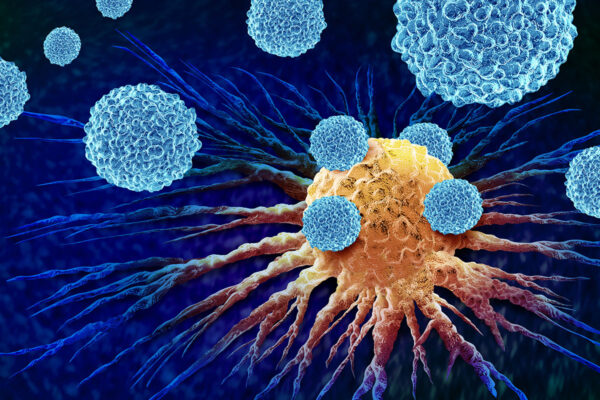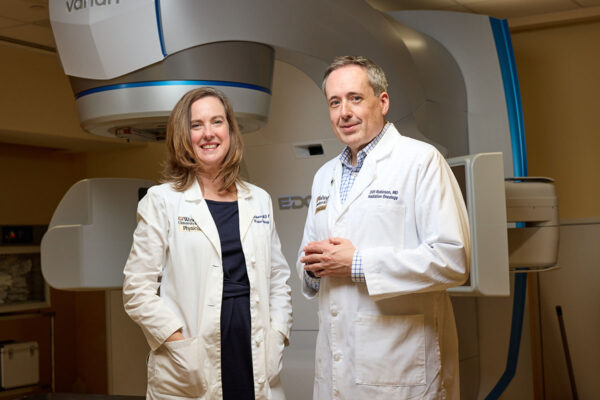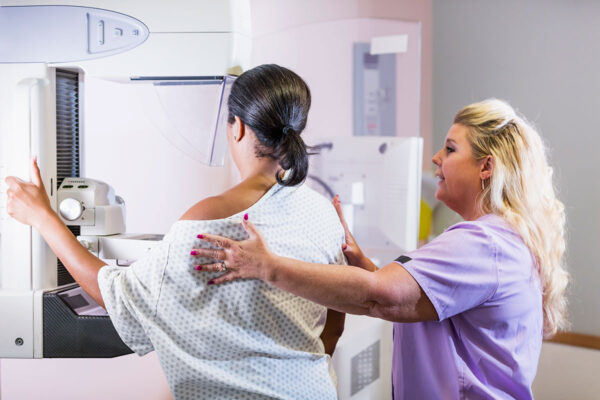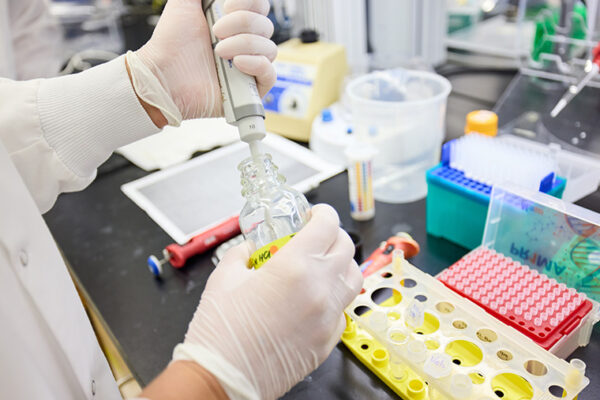Schwarz named Danforth WashU Physician-Scientist Scholar
Julie K. Schwarz, MD, PhD, a highly regarded radiation oncologist known for her innovative mindset in treating patients and leading research to develop new treatments for deadly gynecologic cancers and heart conditions, has been named a William H. Danforth Washington University Physician Scholar.
Preventing early-onset colorectal cancers aim of $25 million award
Yin Cao, ScD, of Washington University School of Medicine in St. Louis, is leading an international team seeking to understand what is driving the increase in early-onset colorectal cancer globally. To do so, her team has received funding from Cancer Grand Challenges, co-founded by Cancer Research UK and the National Cancer Institute, part of the National Institutes of Health (NIH).
Washington University joins NIH cancer screening clinical trials network
Washington University School of Medicine in St. Louis is one of seven U.S. institutions joining a new national clinical trials network launched by the National Cancer Institute, part of the National Institutes of Health (NIH), to investigate emerging technologies for cancer screening, with the goal of reducing cancer-related illnesses and deaths.
Medicare approves genetic test for solid tumors
GatewaySeq, a genetic test that identifies cancer mutations in solid tumors and that was developed by researchers at Washington University School of Medicine in St. Louis, has been approved for reimbursement by the Centers for Medicare & Medicaid Services.
New cell-based immunotherapy offered for melanoma
Physicians at Siteman Cancer Center, based at Barnes-Jewish Hospital and Washington University School of Medicine in St. Louis, will be among the first in the nation to administer a new cell-based immunotherapy to eligible patients with melanoma.
NIH grant to fund radiation oncology center on Medical Campus
The School of Medicine has received a $7.8 million grant from the National Institutes of Health (NIH) to support a radiation oncology center that will aim to understand the biologic effects of radiation therapy in cancer treatment. Julie K. Schwarz, MD, PhD, and Clifford G. Robinson, MD, will lead the center.
Consistent health insurance is critical, finds new study
Inconsistent Medicaid enrollment was found to be associated with higher risk of death in pediatric cancer patients, according to a new study from the Brown School.
Breast cancer rates increasing among younger women
According to a study led by researchers at the School of Medicine, diagnoses of breast cancer have increased steadily in women under age 50 over the past two decades. Studying such trends may offer clues to possible prevention strategies.
Washington University and Deerfield Management launch VeritaScience to drive drug discovery
Washington University in St. Louis and Deerfield Management, a health-care investment firm, announced the launch of VeritaScience, a new private R&D collaboration designed to advance the discovery, clinical development and commercialization of promising therapeutic and diagnostic candidates with potential to benefit human health.
Ciorba receives grant to evaluate treatment for colorectal cancer
Matthew A. Ciorba, MD, a professor of medicine and director of the Inflammatory Bowel Disease Center at the School of Medicine, has received a $2.8 million award from the National Institutes of Health (NIH) to evaluate a new treatment for colorectal cancer.
Older Stories
